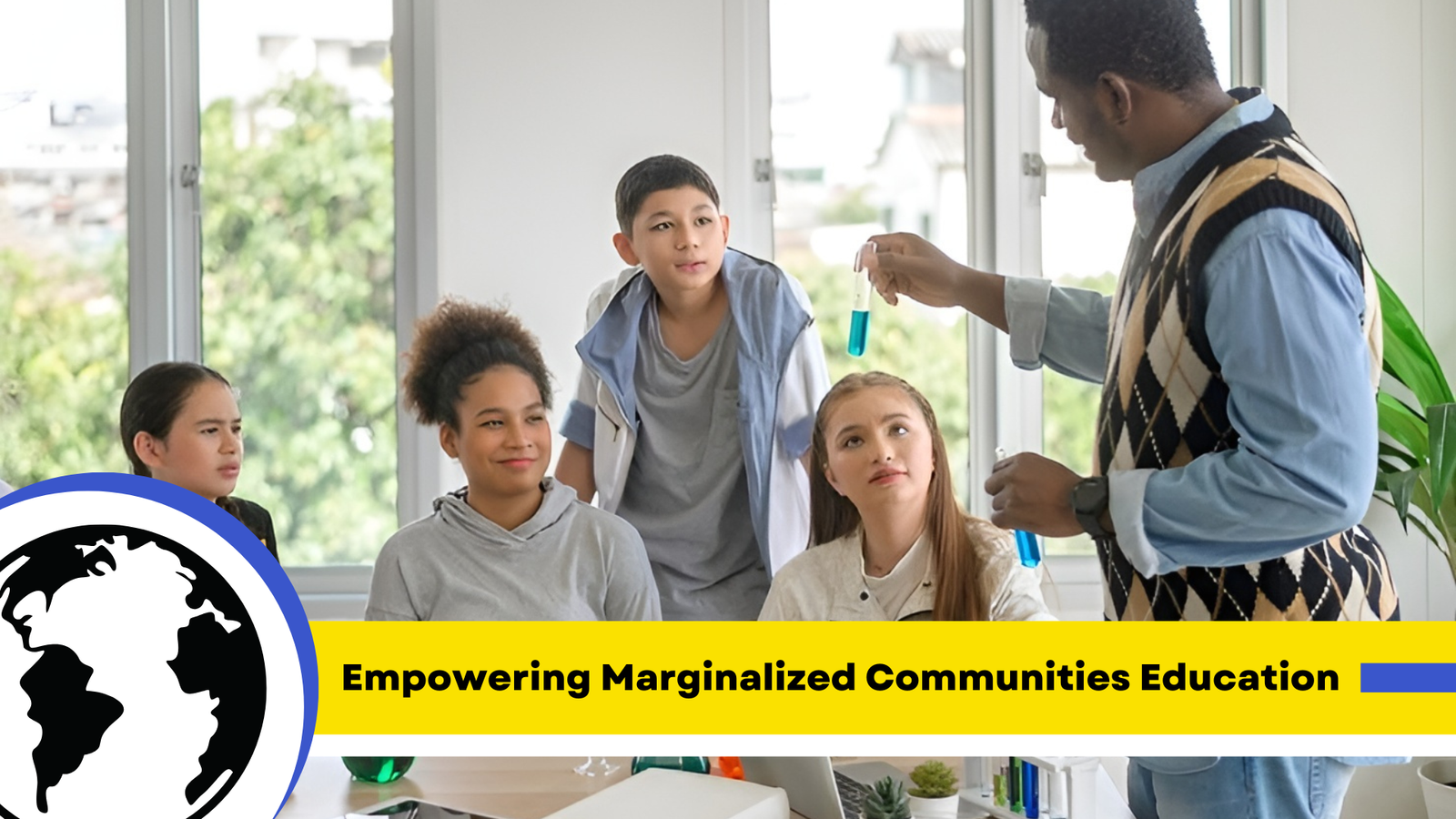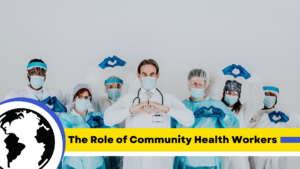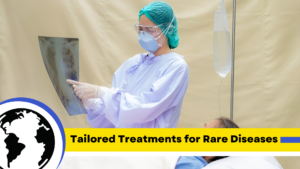
Empowering Marginalized Communities Education. Inequality in health has prevailed in vulnerable populations with reasons from SES, race, healthcare, and education. However, a powerful tool is emerging to address these inequalities: education. When people of marginalized populations have learned what they need to know and get what they need to get to help them make the right decisions on aspects of their health, there can reduce the gap in health care. Education has the possibility of changing perceptions on the part of the person and thereby the community, nation and the world as a whole, within the matters of health, wellness and prevention. In this article, the author examines why education is the key to addressing current health disparities and talks about programs and initiatives proactive in improving the situation in troubled communities globally.
Inequality between minority and the other groups has always been a significant concern mainly because it has affected the health of many people. However, there is hope on the horizon: education. Hence, empowering community’s that lacks health such information and knowledge enable creation of a healthy society with enhanced healthier decisions.
The Roots of Health Disparities

The socio-demographic antecedent variables include the socio-economic status, geographical location and ancestry, education and attending healthcare status. These gaps are normally made worse by systematic factors including employment discrimination as well as accessible healthcare services that are inadequate for giving equal provision.
Empowering Marginalized Communities Education Eliminating the factors that contribute to health inequality will take the society from responding to the problem only after it has occurred to addressing some of the proactive measures that can be taken in relation to the problem. It helps less with meeting current needs, but it provides the basis for subsequent changes more effectively.
The Power of Education in Bridging Health Disparities

Education is the backbone of our.” Empowerment. In this way, we empower people in the oppressed communities to be knowledgeable about their health, to find ways within the organization, and ultimately live better lives. Consequently, this could help close gaps in health; encourage people to adopt healthier practices; and thus, enhance health, for generations to come.
Benefits of Health Education
- Increased Health Literacy
- Through enhancing people’s knowledge in this area, people have better control over chronic illnesses, can adopt healthier lifestyle, and avoid such diseases.
- Health literacy creates consumers of health care services, facilitates inquiry and fosters consumers’ voice.
- Expansion of downloads to USA from the website
- Education for vaccine preventable diseases, cancer, and other diseases would help in preventing needless incidences of various diseases.
- It also suggests that teaching people in the community what they can look out for that might indicate a worsening of their condition, as well as what precautions they can take, can save future healthcare expenditures.
- Gaining confidence of patients and the public in healthcare institutions
- Education makes it easy for the health care providers to gain the trust of the marginalized groups of people. Education makes a person more aware of the symptoms, averts the disease or seek the help of a doctor, follow appointments means follow the prescribed treatments.
- Social and Community power.
- Educated communities can then mobilize people to start informing the general public, supporting people through groups such as support groups and/ or lobbying and pushing for policies that would benefit the people.
- Primary healthcare could bring down prejudices associated with diseases and foster everybody’s commitment in eradicating social determinants.
Strategies for Implementing Education in Marginalized Communities

These strategies do not only entail an exchange of information but also an approach towards establishing the response of targeted users and maintaining health behavior changes in the long run. The given strategies are aimed at reducing the mould of barriers like language, culture and lack of heath care services, in marginalized groups that is why they can useful for education. Lastly, it becomes the role to ensure every society’s members receives health education to effectively encourage them to embrace improvement and maintenance of their health needs.
Empowering Marginalized Communities Education these strategies are concerned not only with information transfer but also with an optimum context that may promote both short- term adoption of information and longer-term adoption of health-promoting behavioral patterns. Such methods will enable education to reach out for marginalized groups that might have the following barriers, language barriers, cultural barriers, and limited healthcare facilities among others.
Conclusion

The foundation which can enable deals with the health literacy disparities and hence encourage the health of the needy groups is known as health education. When people will be enlightened about making proper decisions regarding their health, more people are likely to adopt healthy lifestyles, care will be taken to prevent diseases and getting proper health care facilities become easier. It will require joined up thinking from all stakeholders, including governments, healthcare providers, local communities and others for the vision to become a reality.
Nothing ahead will be easy but tough and it will need teamwork, creativity, and commitment. However, with coordinated efforts, the world of the health equity is one where education stands as the pillar for transforming the lives of people as well as effective regime for boosting up the community development, especially in the developing world. Education empowers us by providing all individuals under our care with good health right from the best education we imparts.





